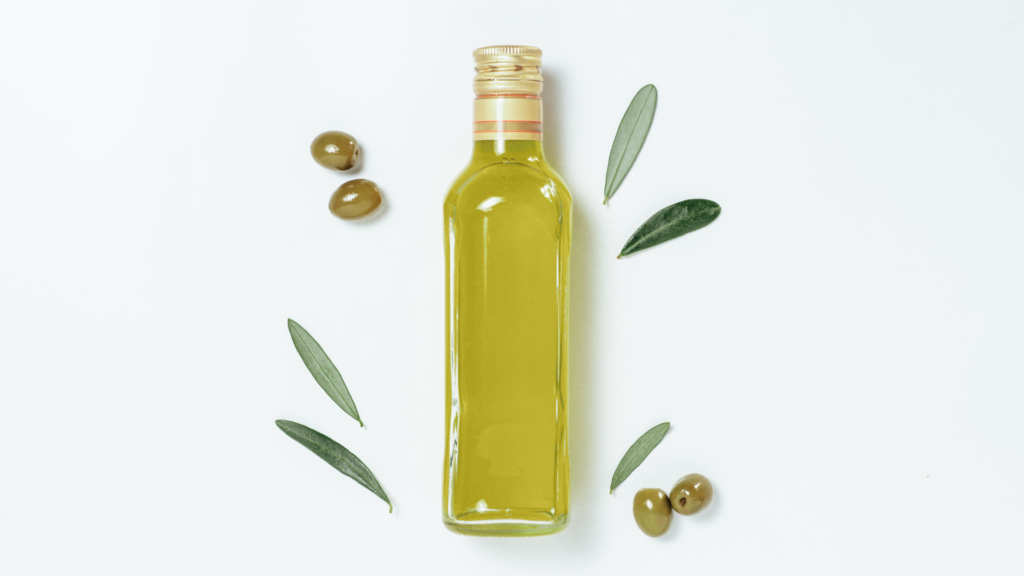
Olive oil, known as one of the cornerstones of the Mediterranean diet, is much more than a simple dressing for salads. This golden liquid, extracted from the olive, has been valued throughout history not only for its culinary benefits but also for its medicinal properties and use in rituals and ointments. Its origin dates back thousands of years, with evidence of its use in ancient civilizations such as the Greek and Roman, who early on understood its virtues.
Nutritionally, olive oil is exceptionally rich in monounsaturated fatty acids, especially oleic acid, which has been shown to be beneficial for cardiovascular health. Additionally, it contains antioxidants such as vitamin E and polyphenols, which have anti-inflammatory properties, help combat oxidative stress, and may reduce the risk of chronic diseases. Extra virgin olive oil, in particular, is most appreciated for its qualities, as it is obtained directly from olives through mechanical procedures, preserving all its nutritional and organoleptic properties intact.
Incorporating olive oil into daily diet can be a simple yet effective strategy to improve overall health. Besides being an excellent dressing for salads, it can be used in cooking, although it is recommended to do so at moderate temperatures to preserve its properties. The versatility and benefits of olive oil make it an indispensable ingredient in the kitchen, capable of enriching everything from the simplest dish to the most elaborate of recipes, always providing a touch of flavor and health.






